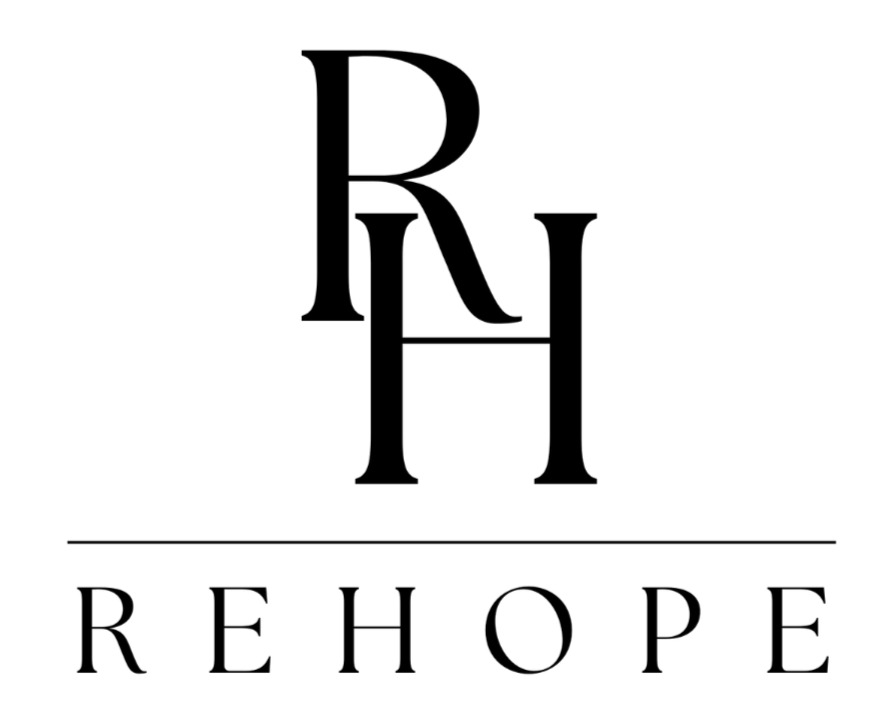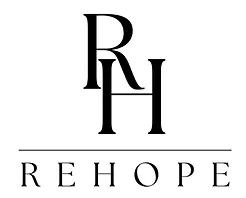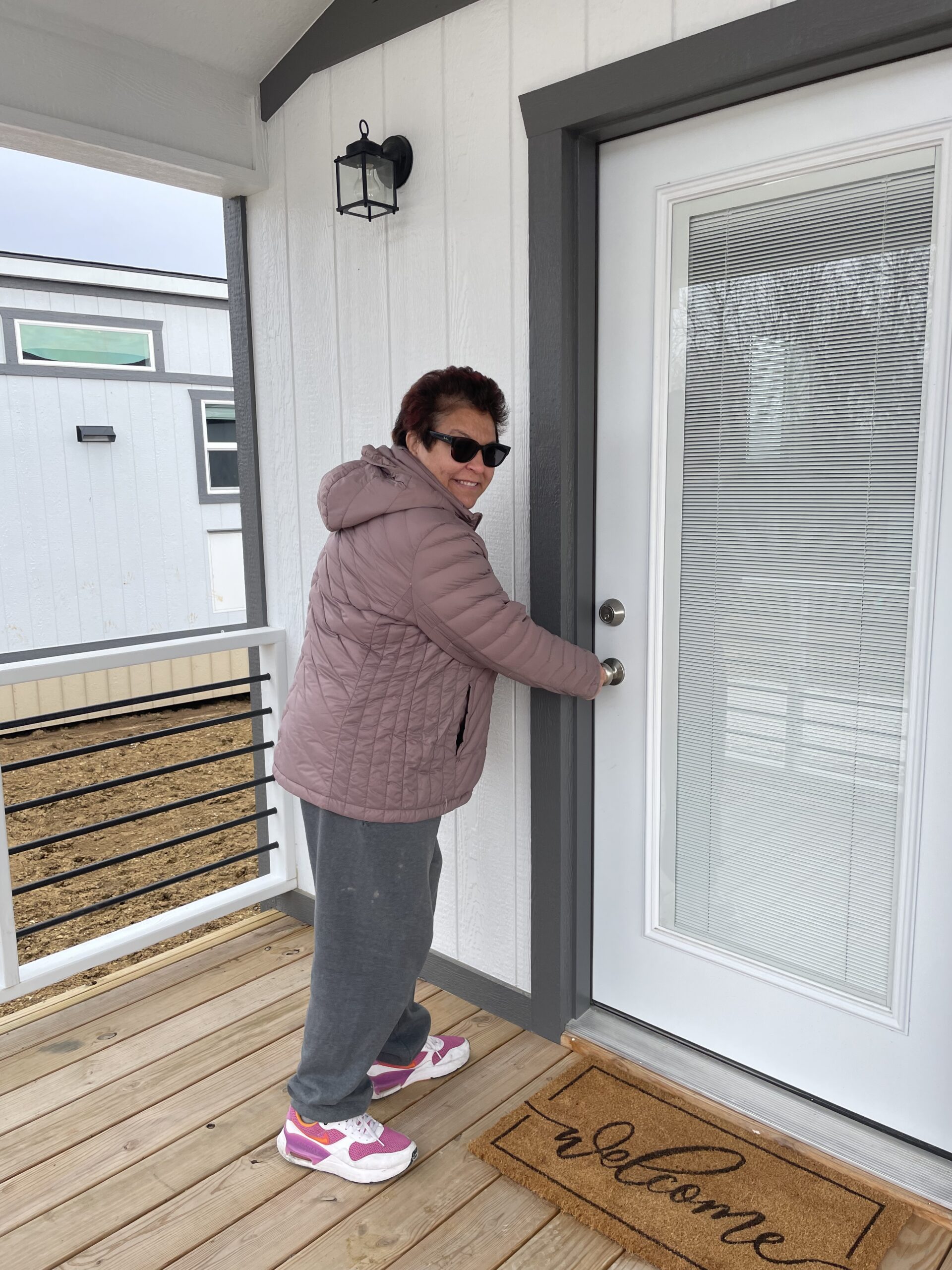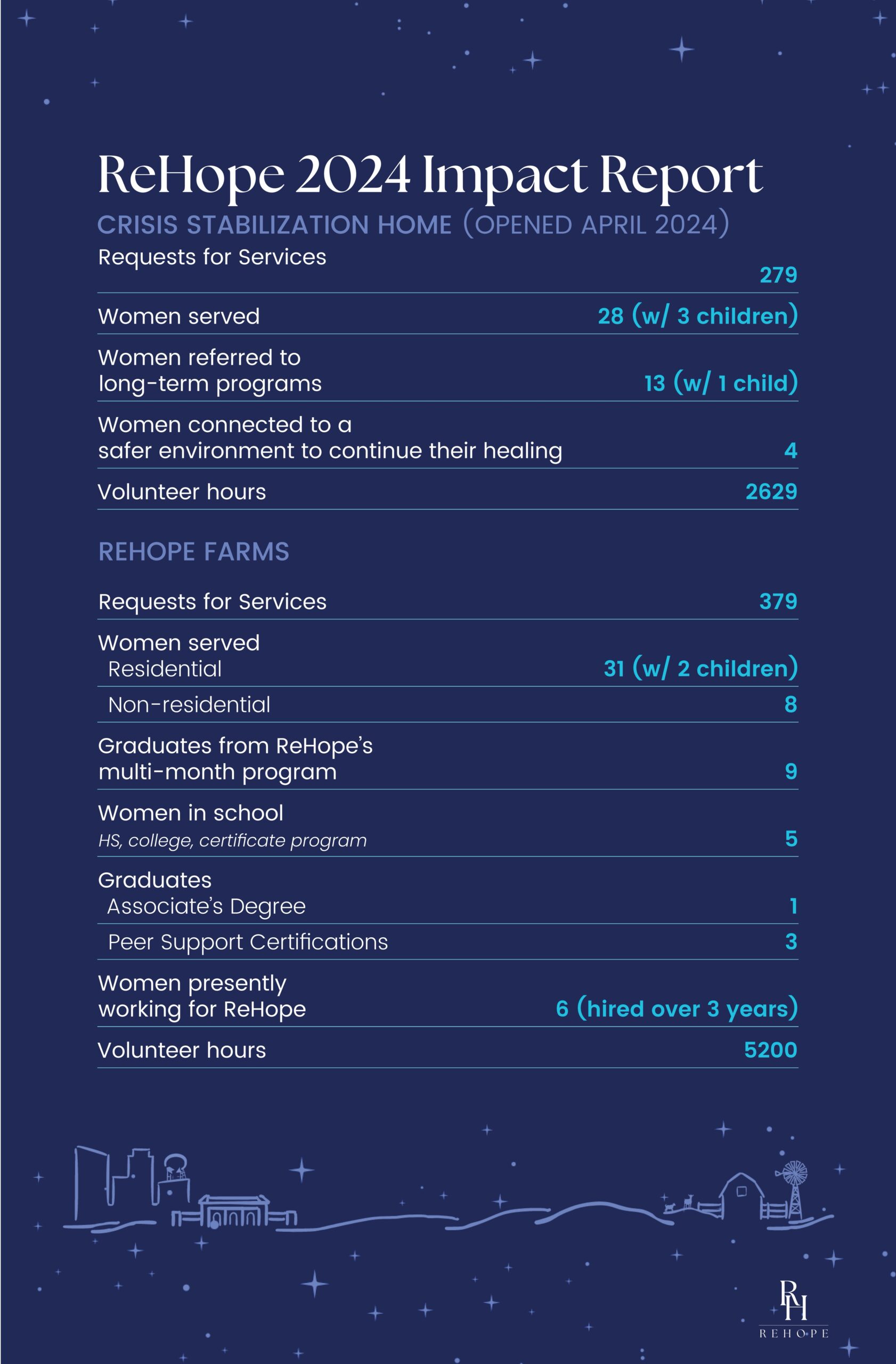developer@segalomedia.com . July 7, 2023
Proper Education Changes Everything
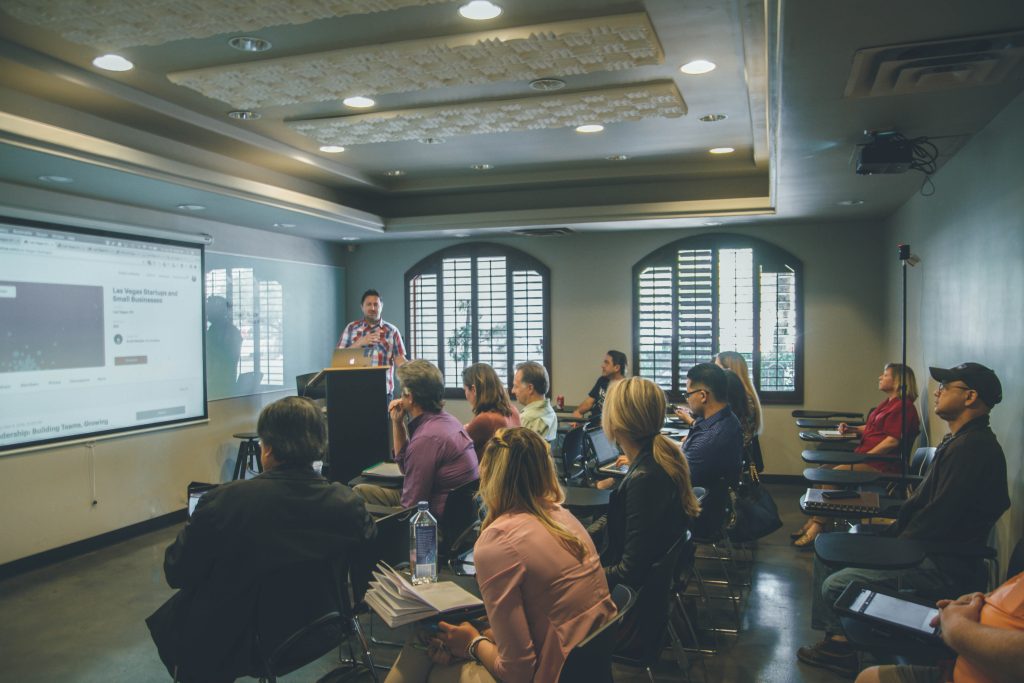
Most people, when they learn about trafficking, have a strong reaction. Anger at the injustice, sadness at the abuse, or a deep sense of wanting to do their part to end such an unfathomable crime.
However, a paradox exists, because many trafficking victims do not receive the same reaction of empathy, justice, or understanding from professionals they intersect with. Numerous trafficking survivors have had traumatizing interactions with church leaders, healthcare workers, social workers, therapists, law enforcement, lawyers, and the like, who for all intents and purposes chalk up a victim’s situation to “bad decisions” and offer little safety or resources.
Why does this disconnect exist?
It comes down to 2 things
1) most victims do not disclose their trafficking situation to professionals
2) a lack of robust education for professionals about human trafficking
When people hear the stories of survivors at a fundraiser, in a documentary, or online they are hearing the horrific realities of what a survivor faced in “the life” usually long after they have been out.
It looks very different, in the moment, as victims are actively enduring exploitation and abuse. They are not sharing those details with a professional. Instead what professionals often see and focus on are “unwanted behaviors” and fail to look beneath the surface without a clear-cut disclosure.

For survivors, disclosing in a professional setting is risky. The disclosure could result in punishment from their trafficker, the risk losing everything that is familiar to them, access to their kids (among many other fear tactics used by traffickers), and many times they haven’t even acknowledged to themselves that they are being trafficked, because that devastating reality makes it impossible to survive the repeated abuse, rape, and trauma.
This is where part 2 comes in. Professionals must have robust and skills-based training to pick up on red flags and understand that the “unwanted behaviors” in their clients are telling a story of exploitation and trafficking.
Having proper education changes everything.
It gives professionals the ability to see past the surface of a situation and recognize the abuse underneath.
What does “robust” training look like? It needs to be specific to professions. For example, nurses need their own nursing specific training, law enforcement needs their own law enforcement specific training, churches need their own training that is catered to their role in identification and providing resources etc. A short awareness training will tell professionals what trafficking is, but they will walk away saying, “What does that have to do with me?”. It has everything to do with them and if the training is done correctly, will start to bring curiosity, empathy, and kindness to clients who are experiencing exploitation.
For more information on where to find professional specific education contact REHOPE University.
